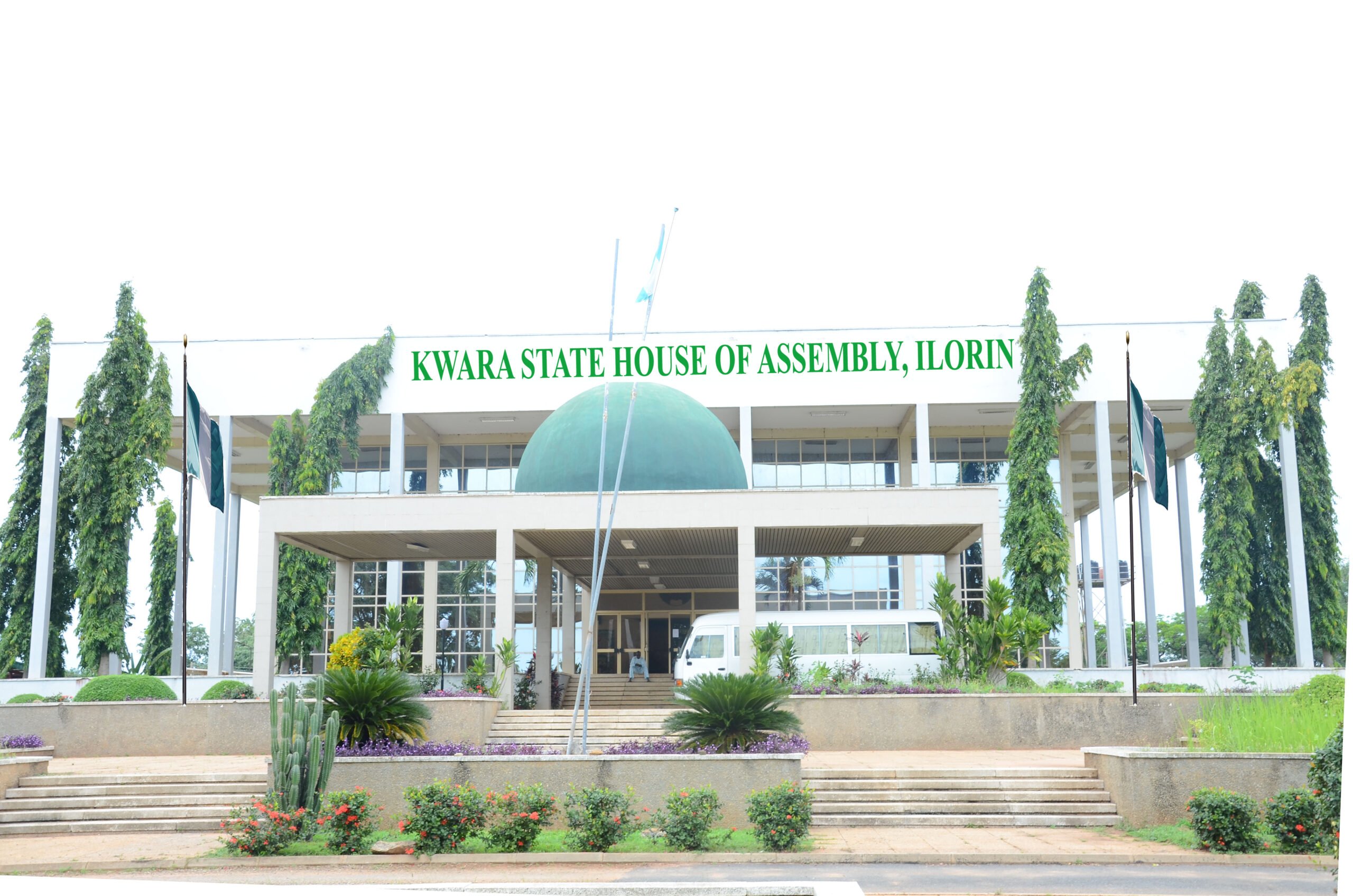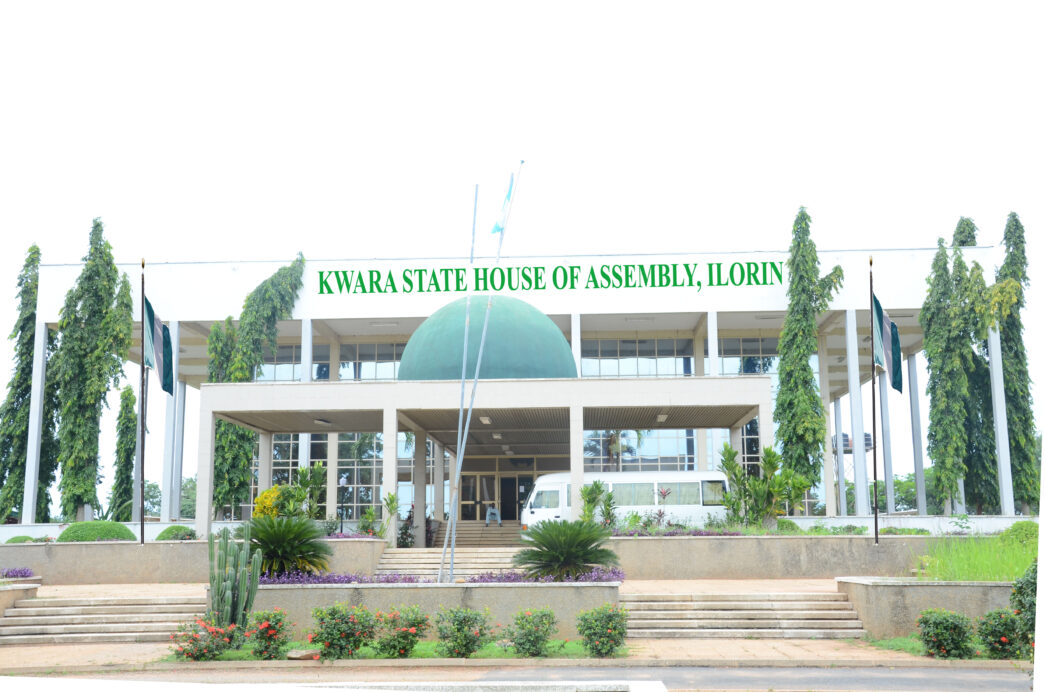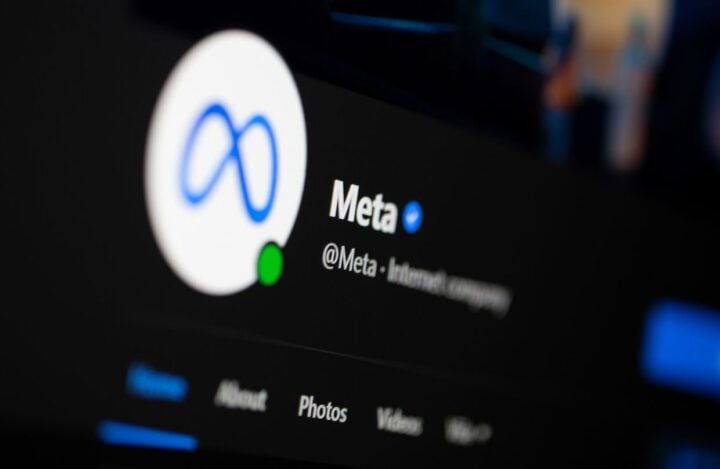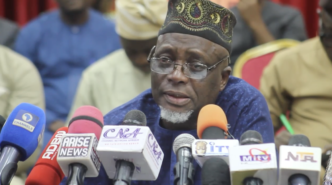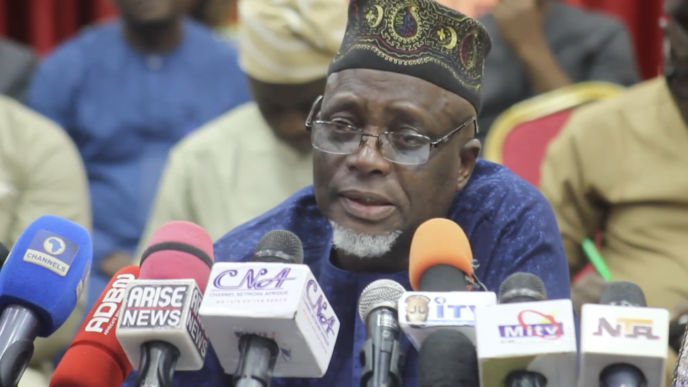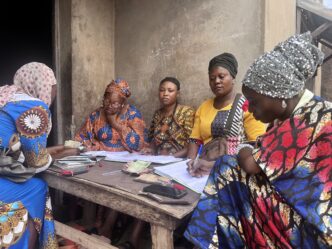BY DARE AKOGUN
The Kwara State Freedom of Information (FOI) Bill 2025, was passed on Tuesday May 20, 2025 by the state house of assembly, following the adoption of reports presented by the chairperson of the house committee on youths, sports and information, Hon. Motunrayo Shittu, who said the FOI bill enjoyed wide acceptance during the public hearing, with stakeholders affirming that access to information is essential for good governance and accountability.
“This bill will empower citizens to seek and obtain information from public institutions, which is a fundamental right in any democracy,” Shittu said.
Following the third reading of the bills by the clerk of the house, Ahmed Olayiwola, the speaker, Engr. Yakubu Danladi-Salihu, directed that clean copies be prepared and forwarded to the State Governor for assent.
Advertisement
The core purpose of the FOI Act (2011) is to ensure transparency and accountability in governance by giving citizens unfettered access to public information.
It also aims to repeal the colonial-era Official Secrets Act, which for decades allowed public officers to deny citizens access to information under the pretext of “national security”. The Act was created to dismantle the culture of secrecy, institutionalised by the colonial-era Official Secrets Act, and to provide citizens, journalists, and civil society actors with a legal pathway to access public information.
The FOI Act empowers any Nigerian, irrespective of state, to request information from public institutions, and such institutions are mandated by the law to respond within seven days, without requiring them to justify why the information is needed. Importantly, the supreme court has recently ruled that the FOI Act is binding on all states of the federation, meaning no state can water down, circumvent, or selectively apply its provisions under the guise of “domestication”.
Advertisement
The apex court emphasised that freedom of access to information is a constitutional right under Section 39 of the 1999 Constitution (as amended). In other words, state governments are not permitted to unilaterally restrict or override the provisions of this federal law unless and until the law is repealed at the federal level.
In this case, one begins to wonder if the public hearing conducted on May 19, 2025, was not an exercise in futility and a waste of legislative time and resources by the Kwara house of assembly.
A few weeks ago, when the governor, Abdulrahman Abdulrasaq, sent the bill to the assembly for debates and possible approval, it generated heated debate at different fora and social media platforms, between civil society organisations, the opposition PDP in Kwara and public commentators. It came to a climax at the public hearing held at the state’s assembly complex.
The reason is not far-fetched. A clause in section 31(1) of the bill mandates that “no information shall be released by any Ministry, Department, or Agency (MDA), without the express consent of the governor in writing”.
Advertisement
This is a setback for transparency and democratic governance. It is at variance with the principal FOI Act 2011 of the Federation, which they argued will place an unconstitutional restriction on a Federal Law.
According to Section 31(1), “notwithstanding any provision of this Law, no information shall be made available to any applicant without the prior consent of the Governor in writing”.
Section 31(2) states that “no one acting pursuant to this Law shall be liable in any way if non-compliance with the sections in the Law is due to delay in the Governor granting his consent”.
As a practising investigative journalist and a fact-checker of 15 years’ experience, who devoted his master’s thesis at the University of Lagos (2018) to examining the practicability of the FOI Act for Nigerian journalists with a nuance on prospects and challenges, I consider this clause a brazen affront to the very ideals that the law was designed to uphold.
Advertisement
In practice, my experience with FOI in Kwara has been mixed. Of the four requests I’ve submitted over the years, only one received a response. In another, I was told the law hadn’t been “domesticated”, a position no longer tenable, post-supreme court ruling. The other two were met with a deafening lack of response.
This clause in the passed bill defeats the very essence of the FOI Act. It places a political gatekeeper between citizens and the information they have a legal right to access. It could also slow down or, outright, block access to data as it affects public expenditure, government contracts, and even environmental or health-related concerns.
Advertisement
Introducing a bottleneck that requires gubernatorial consent before MDAs can provide public information will only worsen this culture of silence. This defeats the core purpose of the FOI law to decentralise access to information and break the monopoly of secrecy in governance.
Such a clause also reinstates the culture of secrecy that the FOI law was designed to eliminate. It undermines not only transparency but also journalistic investigation (a negation of the provision of section 22 of the 1999 constitution of the Federal Republic of Nigeria), public participation, and good governance.
Advertisement
Implications for Accountability and the Rule of Law
The clause could have chilling effects on governance by centralising power and weakening internal accountability within Ministries and Agencies. It may also frustrate civil society efforts, watchdog journalism, and anti-corruption investigations.
Advertisement
It also violates the principle of separation of powers, where the executive arm cannot unilaterally determine the application of a federal law.
One might ask: Why should a governor have the final say on access to public information that citizens own and fund through their taxes?
The Governor Abdulrahman Abdulrazaq-led administration has made laudable investments in digital education and governance innovation through initiatives like “KwaraLearn” and “The Innovation Hub,” “The Visual Art Centre,” among others, but this move to politicise public information undermines that progress and risks eroding public trust.
This need for transparency cannot be conditional. It must be institutional. If this clause is allowed to fly as it has been passed by the House on Tuesday, it will mark a dangerous precedent for other States to follow, and further stifle investigative journalism, which remains critical to accountability in Nigeria.
Dare Akogun is an investigative/environmental journalist and media innovator based in Ilorin. He can be contacted via [email protected]
Views expressed by contributors are strictly personal and not of TheCable.
